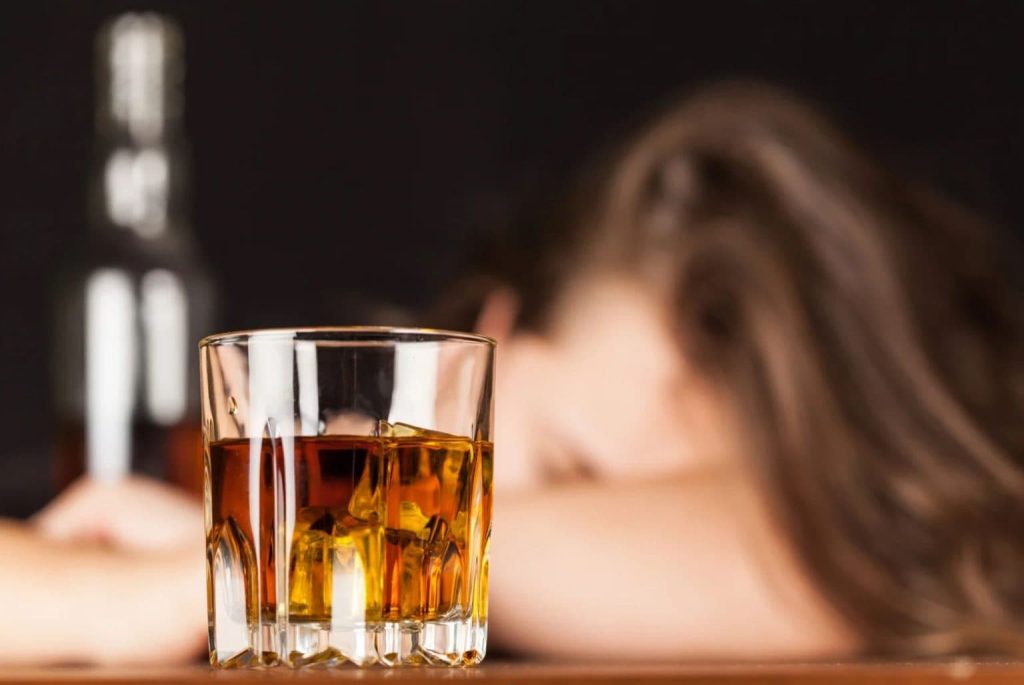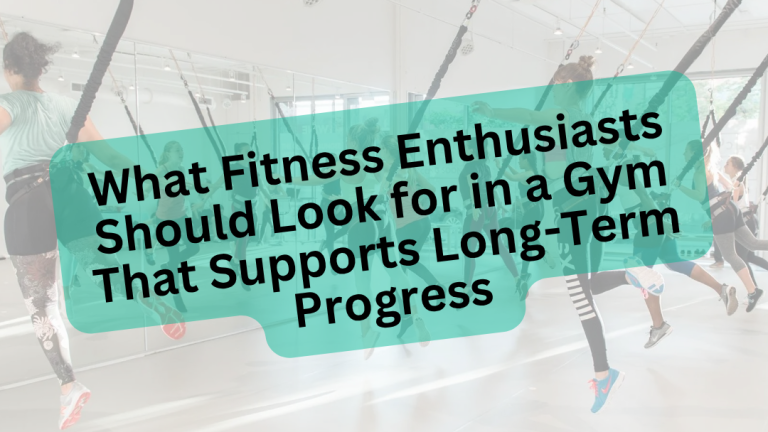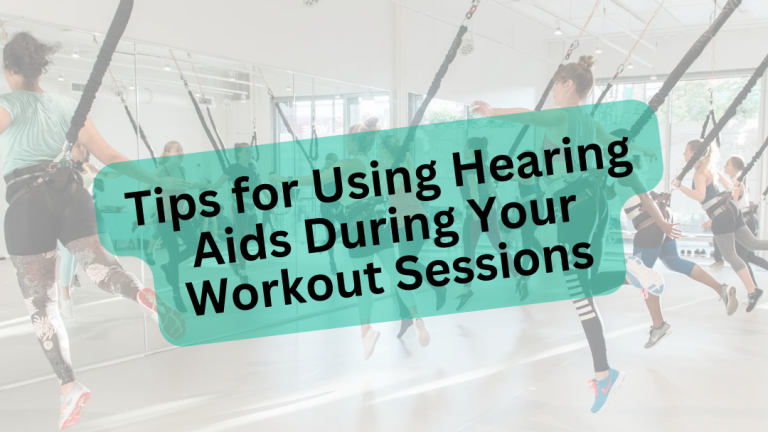What If Alcohol Isn’t the Problem—But the Way You’re Coping Is?
Many individuals believe that excessive drinking is a sign of irresponsibility or poor decision-making. However, it isn’t actually how it operates. Alcohol isn’t the primary problem for many folks. It is more akin to a response to something deeper and more difficult to handle.

Alcohol isn’t always the issue. Stress, agony, pressure, and occasionally just trying to feel alright for a short period are all part of it. And don’t worry if that seems unclear; everything will become clear very soon.
Why People Turn to Alcohol
Alcohol may appear to be a temporary solution. Are you anxious? Drink something. Feeling anxious after a demanding day? Possess two. Things seem easier for a second. Feelings become muted. Bodies unwind. However, that sense of relief is fleeting, and the issues that gave rise to those emotions persist.
Some people observe alcohol being used as a coping mechanism as they grow up, so it seems normal to them. Others may have gone through difficult experiences, such as trauma, worry, or familial pressure, and drinking has become their sole means of coping.
For this reason, concentrating solely on giving up alcohol isn’t always effective. People still have everything that initially motivated them to drink if the underlying cause is not addressed.
What Coping Actually Means
Coping is the way a person handles difficult situations in life. Everybody does things in a different way. Some folks go for walks or converse with friends. Some people drink, sleep all day, or browse via their phones. Sometimes coping is both beneficial and detrimental.
Alcohol is typically used as a primary coping mechanism when alternative options don’t seem to be working or weren’t available in the first place. Perhaps someone was never taught how to express their emotions. Perhaps they’ve experienced so much that drinking seems like the only way to de-stress.
That isn’t weakness or laziness. It’s about surviving. However, this does not imply that it is the most effective means of survival. Better support can help with that.
Getting Help That Actually Helps
Treatments differ from one another. Certain programs only address the topic of drinking. Give up alcohol, abide by the rules, and attend meetings. Additionally, not everyone finds success with that, even though it helps others. It is simple to revert to previous behaviors if the underlying pain or stress is not addressed.
For this reason, more people are using holistic drug treatment. Holistic programs focus on the full person—what they’ve gone through, how their body feels, what their mind requires, and how to create genuine support—rather than simply the drinking. These programs cover topics including mindfulness, exercise, diet, and therapy. Helping people heal rather than just give up is the aim.
Specialized programs like Recover From Alcohol Addiction provide comprehensive treatment alternatives that address the emotional and physical elements of alcohol consumption for people who are prepared to move on. These programs offer individualized treatment aimed at treating the underlying causes of addiction, giving participants the skills they need to create a better, more satisfying life.
It’s not about substituting yoga for alcohol. It’s about feeling well enough that the desire to drink begins to wane on its own.

What’s Really Going On Underneath
Consider a person who uses alcohol to help them fall asleep every night. That’s not only a drinking issue; it’s also a sleep issue, possibly combined with trauma or worry. Alternatively, someone who drinks excessively at gatherings may be attempting to boost their self-esteem because they secretly feel inadequate.
The desire for alcohol frequently shifts when people begin to address the underlying issues, such as learning how to manage stress, establish boundaries, or deal with past trauma. It starts to feel more like something they simply don’t want and less like a crutch.
For this reason, it’s crucial to avoid making people feel bad about drinking. Healing is hampered by shame. Rather, the emphasis should be on comprehending the reasons behind it and what they actually require.
Relapse Doesn’t Mean Failure
Recuperation is not a linear process. People occasionally take a break from drinking before picking it up again. The story doesn’t end there. It simply indicates that there is still a problem.
Perhaps things were going well for them until a significant life event occurred. Perhaps they hadn’t yet discovered the proper kind of assistance. Instead of seeing it as a failure, it should be seen like a signal—something’s off, and it’s time to adapt.
After a day of crawling, nobody expects someone to walk. Recovery is the same. Learning, developing, and determining what truly works are all part of the process.
Changing the Question
“What’s going on that makes drinking feel necessary?” is a better question to ask than “Why can’t they just stop drinking?” Everything is altered by that transformation. It makes room for genuine dialogue, empathy, and long-lasting healing.
Sometimes, unless someone gently points it out, individuals are unaware that they are coping. Additionally, people are more likely to make better self-care decisions after they have the opportunity to feel protected, seen, and supported.
What Support Really Looks Like
Support doesn’t necessarily entail visiting a facility. Talking to a therapist is sometimes the first step. Sometimes it’s about establishing a pattern, experimenting with different stress-reduction strategies, or simply having support from others.
It may also take the form of learning how to experience emotions without becoming overwhelmed by them. or discovering a way to quiet a rushing mind without the need of alcohol. These are actual abilities. They also require practice and time, just like any other skill.
Being flawless is not the goal of recovery. The goal is to create a life that is more satisfying than the one that alcohol was masking.
The Takeaway
Alcohol is frequently a hint rather than the entire issue. When someone drinks to feel different, escape, or numb out, it’s an indication that something needs to be healed. And when people are given the resources, room, and assistance to deal with those fundamental issues, true rehabilitation takes place.
It goes beyond simply giving up. It’s about figuring out how to exist without having to flee. Judgment is not the first thing to do when someone is having difficulties. It’s comprehension. Healing then becomes feasible.
The more we discuss this, the easier it will be for folks to receive the kind of assistance that truly helps. It’s not weak to ask for help, whether it comes from someone you know or from yourself. It’s simply human.






